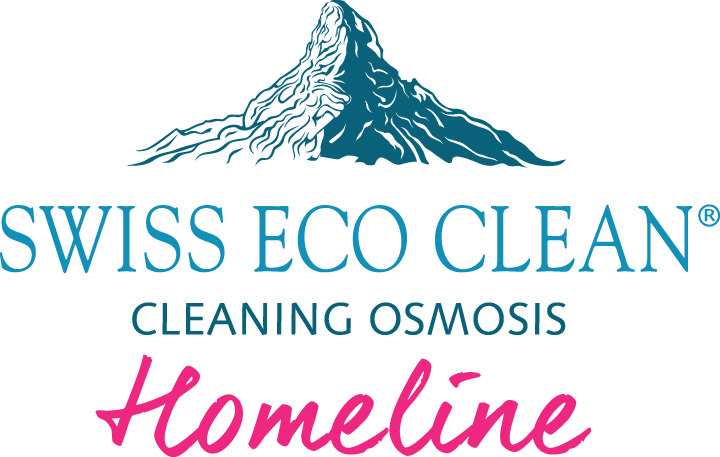Dezember 07, 2020

What a difference a year makes.
Think back to February. Doesn't it feel like a different world? Gliding into a fully-packed restaurant. Thinking to yourself how glad you are that you booked a table. Chatter and laughter surrounding you while hitting the chair and smiling at your friends.
At work, you are enthusiastically greeting and shaking hands with the long-time customer you haven't seen for a while. Chit-chatting a bit before the meeting starts.
And now, thinking about going into a fully packed room or shaking someone's hand gives us the chills.
How fast things have changed? And how fast we have adapted to rules that a year ago would have sounded totally outrageous.
We want to help to stop a virus from spreading.
So why do we ignore the roots of the problem?
Why do we still pay billions and billions of tax-money to the places that are breeding grounds for viruses and bacteria: animal factory farms and slaughterhouses?
Why do we still support these industries by buying the products?
Why do we still eat meat and other animal products?
Breeding grounds
We are avoiding crowds, we wash and disinfect our hands frantically, we wear masks to protect others and ourselves from this virus.
A factory farm has exactly these same components that we are all now avoiding. They are over-crowded, filled with dirt, urine, and excrement. The air is polluted with ammonia and methane. The animals are stressed, depressed, in pain and their immune systems are weakened to practically nonexistent.
At this point we all know that these are breeding grounds for viruses and bacteria. .
So why are they still supported? Why?
Superbugs
Besides the catastrophe of ¾ of viruses emerging from animal factory farms, we have another issue working in the background of factory farms. And unlike the viruses, it is one that you might not have heard about: the superbug.
About 80% of all antibiotics produced in the world go to animal factory farms. If you live in the conditions I have described above, inevitably, you are going to get sick. In order to avoid that sickness, the animals are routinely fed antibiotics.
This now contributes to the rapid rise and spread of bacteria that are resistant to antibiotics. These resistant bacteria are called “superbugs.” This transfers to humans through eating meat or drinking cow’s milk and is also spread through water, air, insects, workers.
According to The United Nations, one of the biggest global public health concerns of the 21st century is superbugs.. Hundreds of thousands die every year from resistant organisms. And if we continue every year the way we are now, experts estimate 10 million by 2050.
Soon we will not be able to make even the most routine operations, like pull out a tooth and stitch up a cut without being in danger.
It’s critical that we end animal factory farming. For the animals, for the environment and also to solve the crisis we have with viruses and superbugs. Read more in the report from the World Animal Protection.
We can do it
Don't you think that if we can so quickly change our habits around socializing, hugging, hand-shaking and mask-wearing that it should be a breeze to stop buying these destructive products that are actually the root cause?
Most of us are going through very tough times. So I wish you an extra wonderful Christmas.
A Christmas with joy, laughter and delicious plant-based foods. Let's spread good energy and kill the virus. And while we’re at it, let’s make it difficult for the next one to emerge.
November 01, 2025
Der November steht im Zeichen des Veganismus. Vegan zu leben bedeutet nicht Perfektion, sondern die bewusste Entscheidung, Schaden so weit wie möglich zu vermeiden.
Oktober 29, 2025
Do a calm, cosy October reset in under 90 minutes: declutter sentimental items, clean as you go, and display one memory you’ll actually see: mini checklist included.
